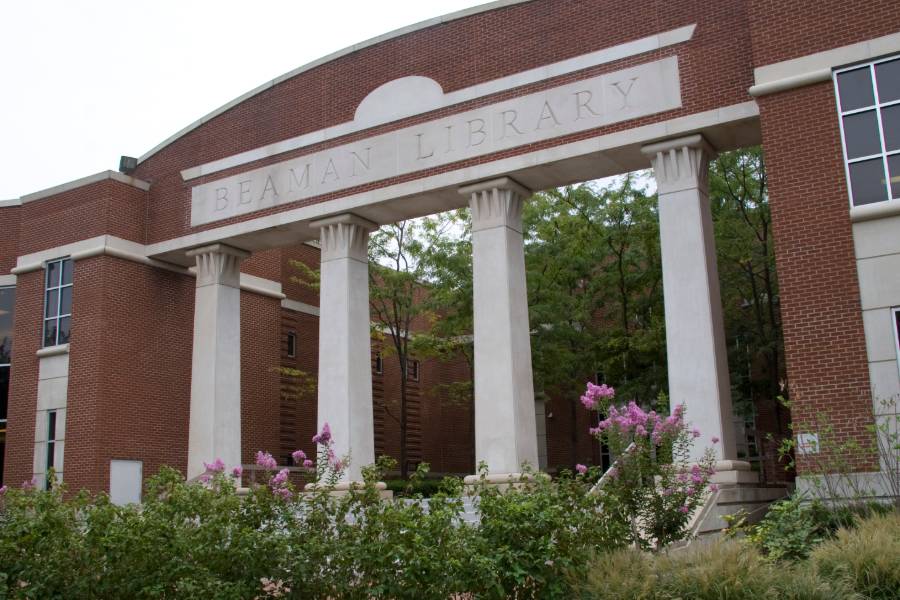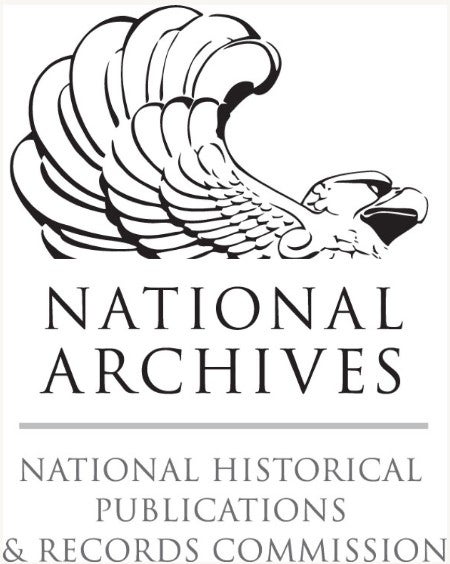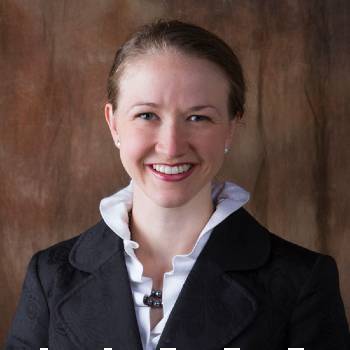Collaboration with Meharry, Fisk to preserve archives earns planning grant from National Archives
Project to preserve and care for archives in "Athens of the South"
Kim Chaudoin |

Lipscomb University’s collaboration with Meharry Medical College and Fisk University to “Preserve Archives in the ‘Athens of the South’” has been awarded a planning grant by the National Archives’ National Historical Publications & Records Commission.
Elizabeth Rivera, special collections librarian in Lipscomb’s Beaman Library, said the $17,000 grant funds the planning phase of this unique collaboration among three Nashville institutions of higher education for the purpose of evaluating and preserving the historical archives at each of these institutions.
“I initially had the idea to form this collaboration with Meharry and Fisk because there is such rich history at those institutions. We each have unique holdings in our archives that tell a portion of the history of higher education in Nashville,” said Rivera. “This is the first time these three institutions have collaborated on a project like this. Our goal is to discover ways together that we can preserve our archives so they will continue to tell the story of ‘The Athens of the South’ as Nashville has been known for generations. We are stronger together.”

Since October representatives from the three libraries have been meeting together to talk about each institution’s archives and special collections. During an initial meeting, each of the three partners shared information about its university's archives in order to get acquainted with the scope and nature of each institution's collections and to discuss the challenges each institution faces in maintaining and preserving those collections. They also compared and contrasted their successes and challenges related to archival processes.
The planning grant funded consultants to evaluate and assess the archives at each school. The consultants toured each library and archives facility and met with key individuals on each campus. In addition, the partners and the consultants met with each institution's decision-makers to discuss the project. During the site visits, the consultants facilitated discussions that explored issues such as what the partner institutions can do for each other in regards to increasing capacity and sustainability in their archives. The consultants also discussed best practices in archival activities with the three institutions and provided instruction and guidance on their next steps, such as drafting archival policies and procedures. After the site visits, the consultant issued a report that assesses the institutional strengths and weaknesses of each of the partners.
The archivists have worked together on taking information learned from those assessments and developing archival policies and procedures relevant and appropriate for caring for and preserving these treasured collections. The three institutions are assisting each other with developing these policies while also creating policies for the collaborative that will be foundational as they pursue future implementation grants.

Elizabeth Rivera
Once the group develops the policies and procedures, each partner will present its policies and procedures to its administration with the intent to get the policies and procedures approved institutionally. Each institution's library and archives team will formally brief the president and/or other key decision-makers on the benefits of the planning project, the experience of working with partners, and the expectations for how continued collaboration can enhance the capacity of each institution's archives. In addition, representatives from Lipscomb, Meharry and Fisk will present their work to the Society of American Archivists’ national conference.
In addition, presidents of the three institutions will meet with the consultants to discuss the benefits of implementing archival policies and procedures, how the leaders can promote and enforce these policies and procedures, and how the partner institutions can use the policies and procedures as a foundation for future collaborative work.
Lipscomb’s Beaman Library Archives and Special Collections (BLASC) fundamentally exists to advance Lipscomb University’s goal to propel learning and promote scholarship. BLASC collects, preserves, and makes accessible a wide variety of resources that integrate academics and Christian faith and practice. We partner with faculty and students to shape research and inform life-long learning. For more information, visit www.lipscomb.edu/library.